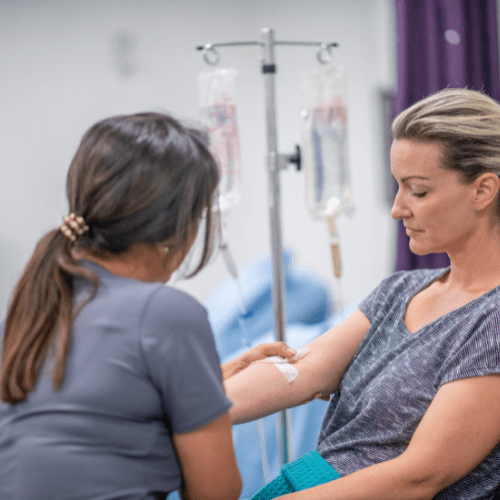Caring for your veins might not be the first thing that comes to mind when thinking about maintaining your overall health. The condition of your veins plays a significant role in your well-being. Veins are responsible for returning blood to your heart, facilitating proper circulation throughout the body. When veins are not functioning as they should, it can lead to discomfort and more complex medical concerns. This highlights the value of proper vein care.
Leg Pain and Swelling
Leg pain and swelling are issues commonly associated with vein complications. These symptoms may result from poor circulation, where blood flow through the veins becomes less effective. This condition is often referred to as venous insufficiency. This can occur when the valves within the veins lose their ability to prevent blood from pooling in the legs.
Prolonged standing or sitting and age can contribute to these symptoms. Individuals may experience feelings of heaviness in the legs. Swelling, especially noticeable in the lower legs or ankles, can further indicate that veins are struggling. This may be an indication that veins are failing to meet the demands of healthy circulation. It is worth noting that these symptoms may sometimes be attributed to temporary conditions. They can also be a sign of an underlying vein issue. Consulting a vein specialist can help to determine the cause and extent of the discomfort, as well as identify potential avenues for relief.
Varicose and Spider Veins
Varicose and spider veins are among the most visible signs of vein-related concerns. Varicose veins appear swollen, twisted, and often elevated, giving an unmistakable appearance on the skin’s surface. Spider veins, though smaller, present as thin, web-like lines and vary in color.
Both conditions arise when veins experience increased pressure, causing them to enlarge or weaken over time. Factors such as genetics, hormonal changes, pregnancy, and lifestyle choices may increase the likelihood of developing varicose or spider veins. While they may appear to be primarily cosmetic issues, they can sometimes lead to physical discomfort or be indicative of venous insufficiency.
Management and Treatment
Advancements in modern medicine and technology have made vein care more accessible and effective. Minimally invasive procedures, such as sclerotherapy, are commonly used. This procedure involves the injection of a solution directly into the affected vein, causing it to close off and eventually fade from view. Laser treatments are another option, using focused light energy to target and reduce the appearance of problematic veins. It is always advisable to consult with a healthcare professional to explore the most suitable treatment options for your specific situation, as well as to understand the associated recovery timelines and outcomes.
Confer With a Specialist About Vein Care
Addressing vein health can contribute to overall well-being and improve comfort. Whether you are experiencing leg pain, swelling, or visible vein issues such as varicose or spider veins, understanding your options is a constructive first step. Confer with a vein specialist to evaluate any symptoms you may have and explore the range of treatments that may suit your needs. By taking proactive measures, you can make informed decisions regarding your vein health and potentially mitigate future discomfort.
- Choosing the Right Plastic Surgeon for Your Cosmetic Procedure
- Understanding Different Types of Laser Treatments for Skin Rejuvenation
- Why a Family Dentist is Key for Maintaining Oral Health
- The Benefits of Regular Visits to a Wellness Spa
- Exploring the Emotional and Psychological Triggers of Eating Disorders


Leave a Reply